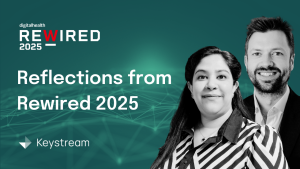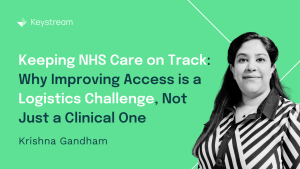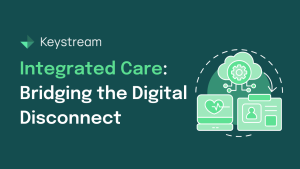24.06.2024
Driving Change: Election Manifestos and Opportunities in DDaT
As the general election approaches, the party manifestos have been unveiled. While the party manifestos do not delve deeply into digital initiatives, they still provide a glimpse into potential trends and investments that could shape the future landscape for DDaT professionals. Here’s a breakdown of what the manifestos mean for key areas of technology and what we can expect in the coming years.
Healthcare IT: A Digital Health Revolution
One of the most prominent areas of focus across the manifestos is healthcare. The Conservative Party has pledged £3.4 billion for new technology to transform the NHS, focusing on AI to free up doctors’ and nurses’ time, digitising processes, and enhancing the NHS App. Labour plans to implement an NHS innovation and adoption strategy, which includes transforming the NHS App to provide more robust features and support for clinical trials. The SNP is also emphasising digital health with plans for a Digital Mental Health programme and enhancing video consultations through the Near Me service.
Opportunities: Virtual Wards, integrated discharge systems, telemedicine solutions, and health informatics roles will be in high demand. Skills in AI development and user-centric healthcare tech will be crucial. Specific roles include Centre of Excellence Consultant, RPA Consultant, Solution Architect, Enterprise Architect, Innovation/AI Consultant, RPA Developer, Virtual Ward Project Manager, and Virtual Ward Business Analyst.
Data Analytics and AI: Harnessing the Power of Data
Labour’s manifesto highlights the creation of a National Data Library to bring together research programmes and support data-driven public services. This initiative, along with Labour’s broader industrial strategy supporting AI development, underscores the growing importance of data analytics and AI in public services.
Opportunities: Roles in data analytics, AI model development, and data governance are on the rise. Skills in ethical AI, machine learning, and data privacy will be essential. Specific roles include ESR & EPR BI Managers, programme management in UEC/Elective/Cancer recovery, and data analytics for real-time decision-making.
Cybersecurity: Protecting Public Sector Data
As digital transformation accelerates, so does the need for robust cybersecurity measures. The Conservative Party has pledged to double digital and AI expertise in the Civil Service, which includes enhancing cybersecurity capabilities. Ensuring the security of digital health records, government databases, and regulatory frameworks will be paramount.
Opportunities: Cybersecurity specialists will be in high demand, with roles like CISO, Cyber Security Analyst, SOC Analyst/Manager, Penetration Tester, Ethical Hacker, and Cloud Security Architect. Skills in threat detection, incident response, and data protection compliance are vital.
Digital Inclusion and Connectivity: Bridging the Digital Divide
The SNP and Plaid Cymru have both emphasised the importance of building digital infrastructure and enhancing connectivity, particularly in underserved areas. The SNP’s focus on digital inclusion aims to ensure that all citizens can benefit from digital services, reflecting a broader trend towards reducing the digital divide.
Opportunities: Infrastructure development roles, network engineering, and community engagement are key. Project management skills and expertise in expanding digital access are crucial. Specific roles include Data Analyst, Data Scientist, Data Engineer, Infrastructure Engineer, and Cloud Infrastructure Architect.
Regulatory and Compliance Tech: Keeping Pace with Innovation
Labour’s plan to establish a Regulatory Innovation Office aims to modernise the UK’s regulatory framework, particularly in response to rapid technological advancements. This office will help regulators update regulations, speed up approval timelines, and address issues that span multiple sectors.
Opportunities: Roles in regulatory technology, compliance solutions, and automating regulatory processes will be in demand. Expertise in regulatory requirements and translating them into technical solutions is crucial. Key positions include Data Protection Officer, Governance & Compliance Manager, and GDPR/FOI compliance roles.
Regardless of the result the upcoming election represents a pivotal moment for DDaT professionals. The anticipated investments and focus areas highlighted in the manifestos indicate a promising future with numerous opportunities in the public sector. By aligning their skills with these emerging trends, DDaT professionals can play a significant role in shaping the UK’s digital landscape.









